After 15 years, it's easy to forget how Borderlands changed the industry
Opinion | Gearbox created the template other developers used to make live service games
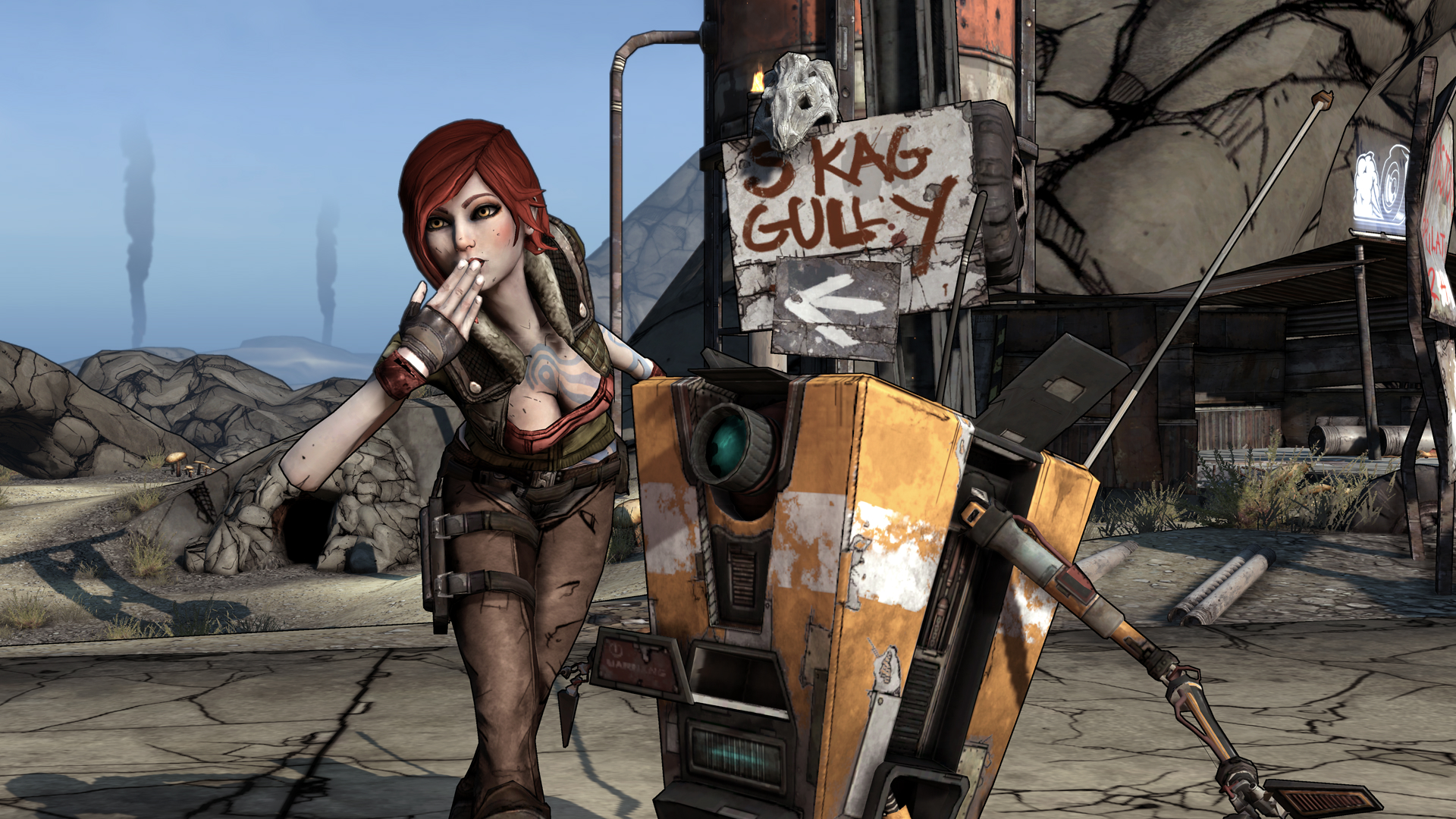
Today, you may think of Borderlands as a tired franchise. The recent movie adaptation lost over $100 million at the box office and scored poorly with critics, including our own two-star Borderlands review. Borderlands 2, despite launching over a decade ago, remains the highest-rated game in the series' history. New games in the series please fans but change little to win over detractors. While that may be how the series looks today, it was a different story when Gearbox launched the original Borderlands 15 years ago.
By injecting its shooter with a Diablo-like infusion of skill trees, randomized weaponry, and co-op play, Gearbox discovered a formula that changed the industry. It wasn't the first looter shooter, but defined the new genre. More than that, the team also found the key to making successful live service games outside of MMOs. Looking back today, it's also easy to forget that Borderlands wasn't destined for success: Gearbox was taking a huge risk, as the only developer who had already attempted something similar became a high-profile failure.
Learning from masters
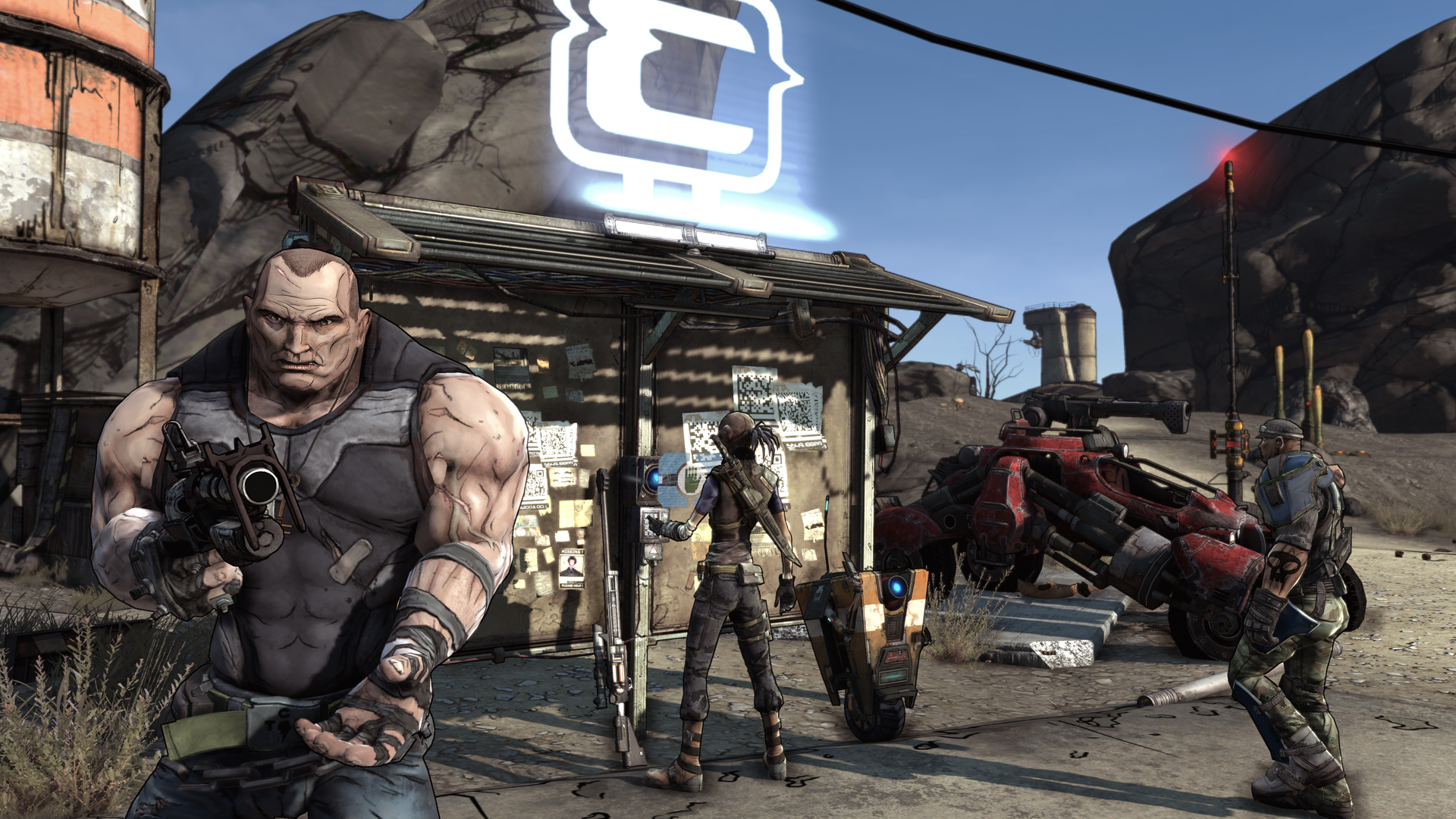
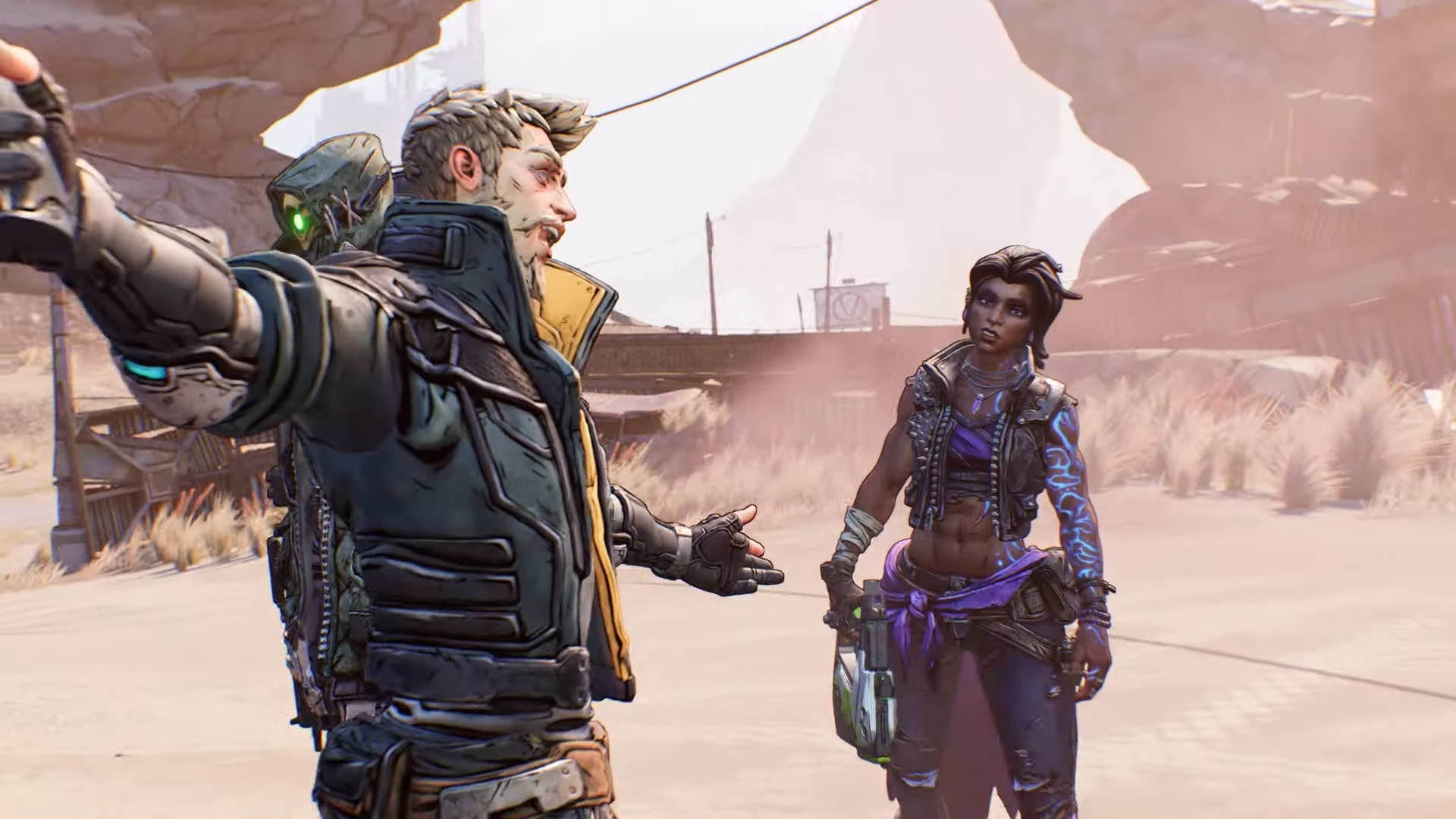
Borderlands 3 review: "A fan-servicing treat of a Borderlands game"
In 2005, when Gearbox Software began work on Borderlands, the studio had made a name for itself as a work-for-hire outfit. Formed by ex-3D Realms and Bethesda Softworks staff, the creators of Duke Nukem and The Elder Scrolls, the team's first games were expansions for the original Half-Life. Blue Shift and Opposing Force proved Gearbox could make shooters, and its work porting Valve's shooter to consoles opened the door to do the same for Tony Hawk's Pro Skater 3 and Halo: Combat Evolved.
Considering its founders' previous companies' focus on shooters and RPGs, it's perhaps unsurprising that Gearbox Software would make its name with a game that fused the two genres. But that's to look back with the benefit of hindsight. When the studio began work on Borderlands, it was under the shadow of a similar game's disappointing launch.
In 2007, Flagship Studios, a team of ex-Blizzard staff who had worked on Diablo, launched Hellgate: London. While not exclusively a first-person shooter, as it could also be played in third-person, and many of Hellgate's character classes made extensive use of melee weapons, it was the first action RPG that could be played in first-person, making it technically the first of the looter shooters. Despite that honor, the game is now but a footnote in history. The experiment in genre-mashing crashed a year later when Flagship Studios closed its doors after launching to mixed reviews and attracting only a small player base.
When Borderlands launched seven months later, it was entering a world that had proved unkind to its fledgling genre.
Choosing between masters
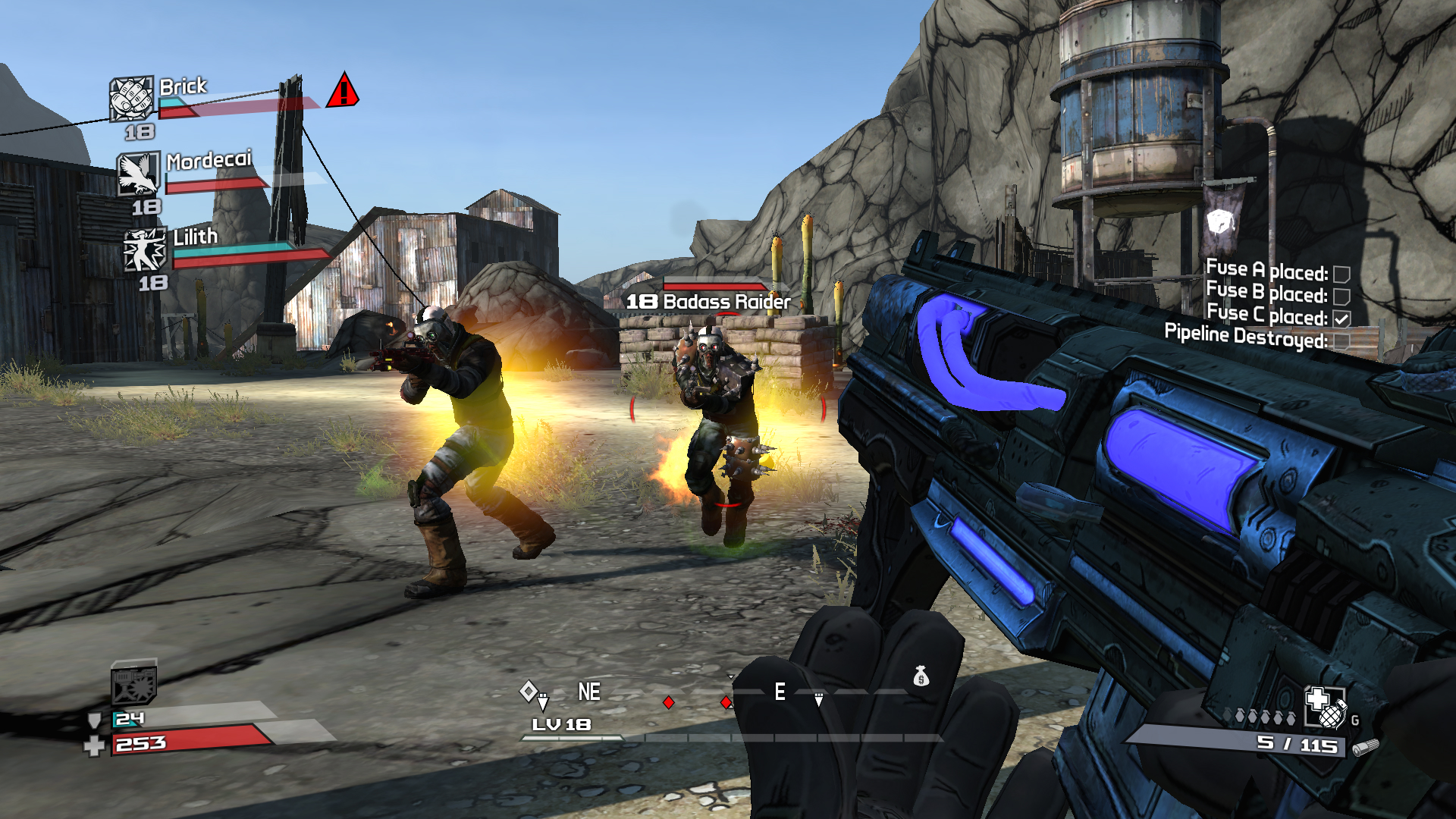
Borderlands' original pitch in 2005 was "Halo meets Diablo", where gear would be front and center. Or, as creative director Mikey Neumann put it at GDC in 2010, "a game that had loot coming out of every orifice".
Sign up to the GamesRadar+ Newsletter
Weekly digests, tales from the communities you love, and more
But even then, the team had to choose which of the two games would be its leading light – the shooter or the RPG. Based on Gearbox's extensive experience working with Valve on Half-Life and Counter-Strike, porting Halo for Bungie, and fresh off the back of its first original series, the WW2 shooter Brothers in Arms, the studio understandably chose to focus on making a shooter with RPG elements.
So, while Borderlands has multiple classes, and you level up your character with XP gained from killing enemies and equip various bits of gear and loot drops, that is the extent of its RPG influences. Your actions in the world don't have the sorts of branching narrative consequences you would see in first-person RPGs like Deus Ex or Cyberpunk.
By just taking the loot and leveling system from RPGs and grafting it onto a shooter, Gearbox made a shooter with a compulsive game loop. Throw into that the procedural content creation that saw the game feature more than 15 million randomly generated weapons, four-player co-op, and a world that scaled in difficulty to match your level. Borderlands was also a shooter you could pour hours into. "While most shooters are over in a few hours, Borderlands demands considerably more time to get through," Jim Rossignol said in his Eurogamer review. A sentiment echoed in many other reviews.
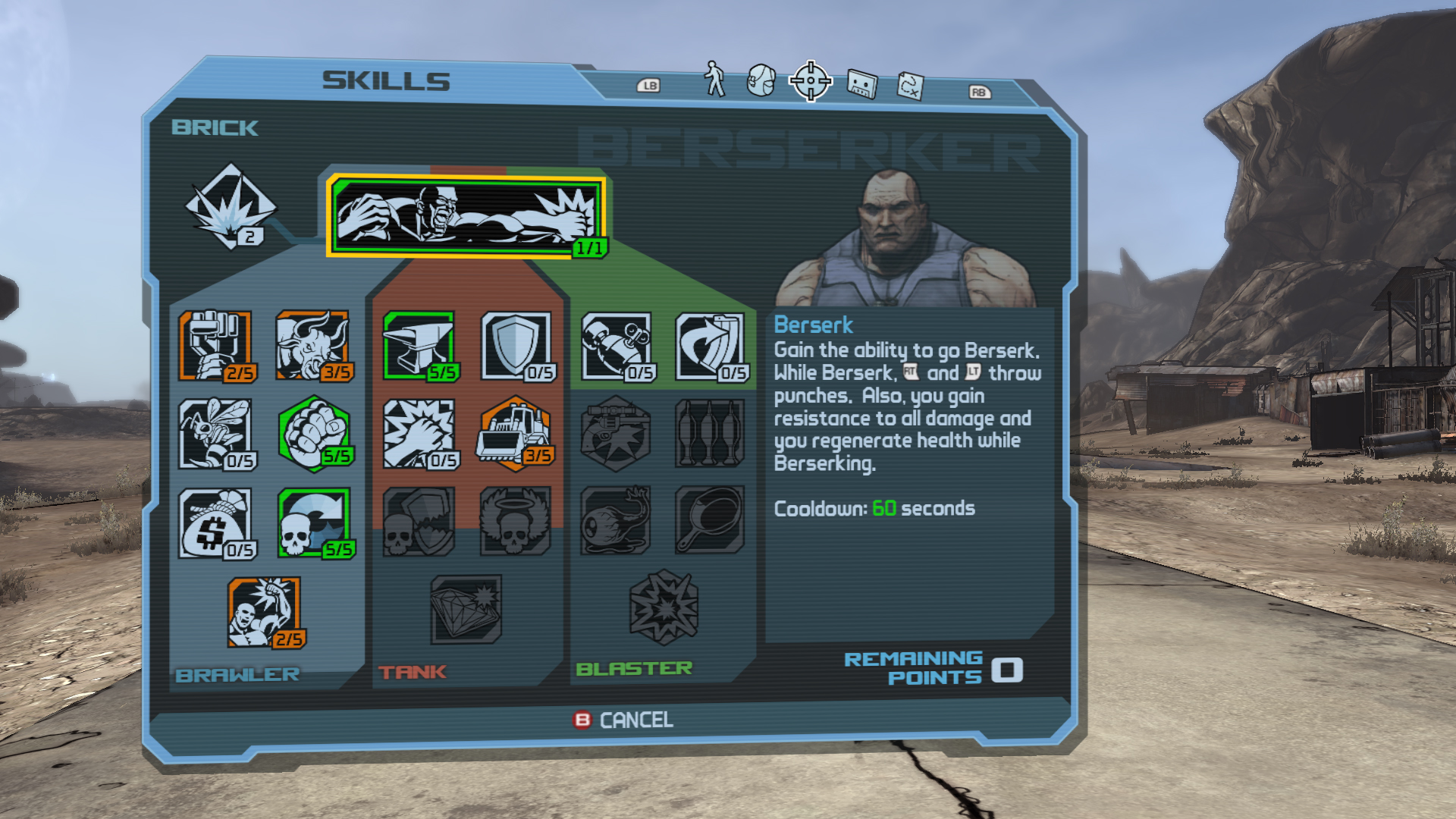
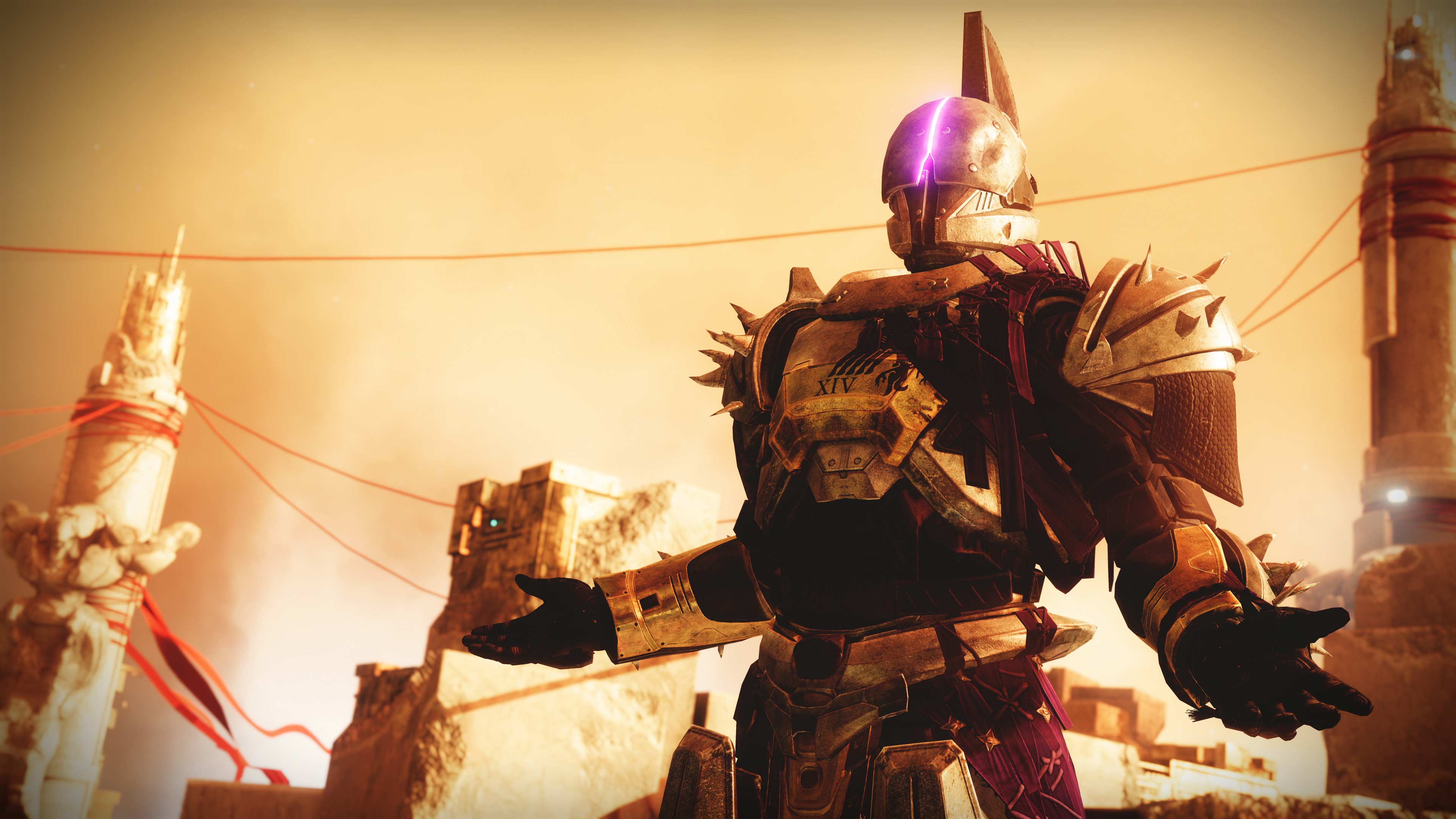
Check out these games like Borderlands to quench all your looter shooter needs
Reviewers also found that the constant unlocking of new gear and level gains made them want to keep playing. Gearbox hadn't just made a gripping shooter; it had found a way to fill it with considerably more content than other developers and systems, which could draw players back hour after hour. This potent blend of systems would become Borderlands' lasting impact on the game industry.
After Borderlands came a slew of other first- and third-person shooters that learned from Gearbox's integration of loot and leveling systems. Yet while Gearbox's game had a hard end, with its campaign completing after players defeated the final mission, the developers that followed built those same systems into the first live service games. Warframe and The Division followed in 2013 and 2016, respectively, but in a neat looping of history, Bungie – who Gearbox had learned so much from when porting the original Halo to PC – released its own looter shooter, Destiny, in 2014.
Borderlands' influence extends beyond just looter shooters, though. Gearbox developed clean ways to integrate class systems and skill trees into a first-person shooter. While other developers were experimenting with this at the time in other genres, such as Bethesda with Fallout 3, Gearbox was very much on the RPG side of the equation. Borderlands was one of the games that pushed RPG elements into more action-fuelled genres, a torch that Ubisoft picked up in Far Cry 3.
To look at it today, it's easy to miss how innovative Borderlands was back in 2009. But that's only because its influence is so widespread.

Julian's been writing about video games for more than a decade. In that time, he's always been drawn to the strange intersections between gaming and the real world, like when he interviewed a NASA scientist who had become a Space Pope in EVE Online, or when he traveled to Ukraine to interview game developers involved in the 2014 revolution, or that time he tore his trousers while playing Just Dance with a developer. As well as freelancing for publications such as Wired, PC Gamer, and Edge, he's worked as Kotaku UK's News Editor, PCGamesN's Deputy Editor, and he launched and led GAMINGbible's Snapchat channel, curating the most significant gaming stories for an audience of millions of young readers.


